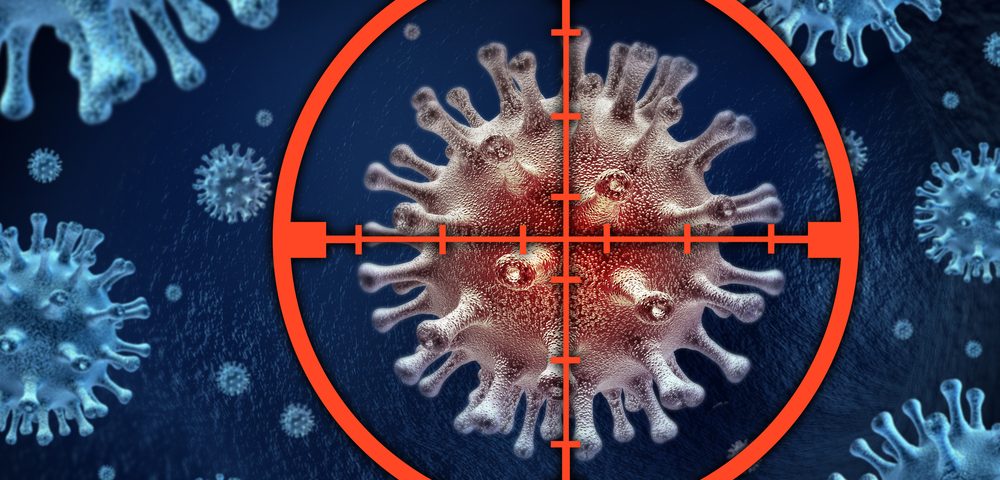Results from an early clinical study in advanced non-Hodgkin’s lymphoma (NHL) showed that 50 percent patients went into complete remission after receiving a combination of chemotherapy and JCAR014, a product based on Chimeric Antigen Receptor (CAR) T-cells.
The study was conducted by Cameron Turtle, PhD, and colleagues, and published in the journal of Science Translational Medicine, under the title “Immunotherapy of non-Hodgkins lymphoma with a defined ratio of CD8 and CD4 CD19-specific chimeric antigen receptor-modified T cells.”
CAR T-cells are immune cells from each patient that are genetically modified to improve their ability to identify and kill cancer cells. The JCAR014 product consists in combining helper (CD4-positive T-cells) and killer (CD8-positive T-cells) CAR T-cells in equal amounts to find and destroy cancers whose cells express the CD19 molecule, such as lymphoma and leukemia.
To create an environment that favors the growth of these modified cells in the body, it is necessary that patients undergo chemotherapy first, which is commonly called lymphodepletion.
In their study, researchers analyzed the effect of different doses of JCAR014 in 32 patients with NHL after chemotherapy treatment with Fludara (fludarabine) and Cytoxan (cyclophosphamide; Cy/Flu). From this initial group of patients, 18 were considered for the evaluation of the combined chemotherapy and CAR T-cell procedure, and half of these presented complete remission of their cancer.
In patients pre-treated with only Cytoxan as chemotherapy, treatment with JCAR014 induced a complete response in only 8% patients. The researchers also observed that different doses of JCAR014 administered to patients induced different levels of toxicity, which allowed them to determine an intermediate dose of CAR T-cells that could simultaneously have a beneficial effect and an acceptable safety profile. In fact, in the 11 patients given Cy/Flu lymphodepletion and the intermediate dose of JCAR014, the complete response rate was 64 percent.
“With the defined composition treatment, we are able to get more reproducible data about the effects of the cells — both the beneficial impact against the cancer and any side effects to the patient,” Stan Riddell, one of the lead authors of the paper, said in a news release. “We are then able to adjust the dose to improve what we call the therapeutic index — impact against the tumor, with lower toxicity to the patient.”
These promising JCAR014 results are helpful to the development of JCAR017, a similar therapy currently being tested in a Phase 1 clinical trial for the treatment of CD19-positive blood cancers, such as NHL, chronic lymphocytic leukemia, and adult and pediatric acute lymphoblastic leukemia. That open-label study, NCT02631044, is currently recruiting patients at seven sites across the U.S.
“We are encouraged by the efficacy and duration of response that we are seeing with defined composition CAR T treatment in patients with lymphoma and other B-cell malignancies,” said Mark Gilbert, chief medical officer from Juno Therapeutics, the company responsible for the development and use of both JCAR014 and JCAR017. “We hope that the insights from JCAR014 will make it possible to bring more life-saving treatments to more patients with blood cancers.”


